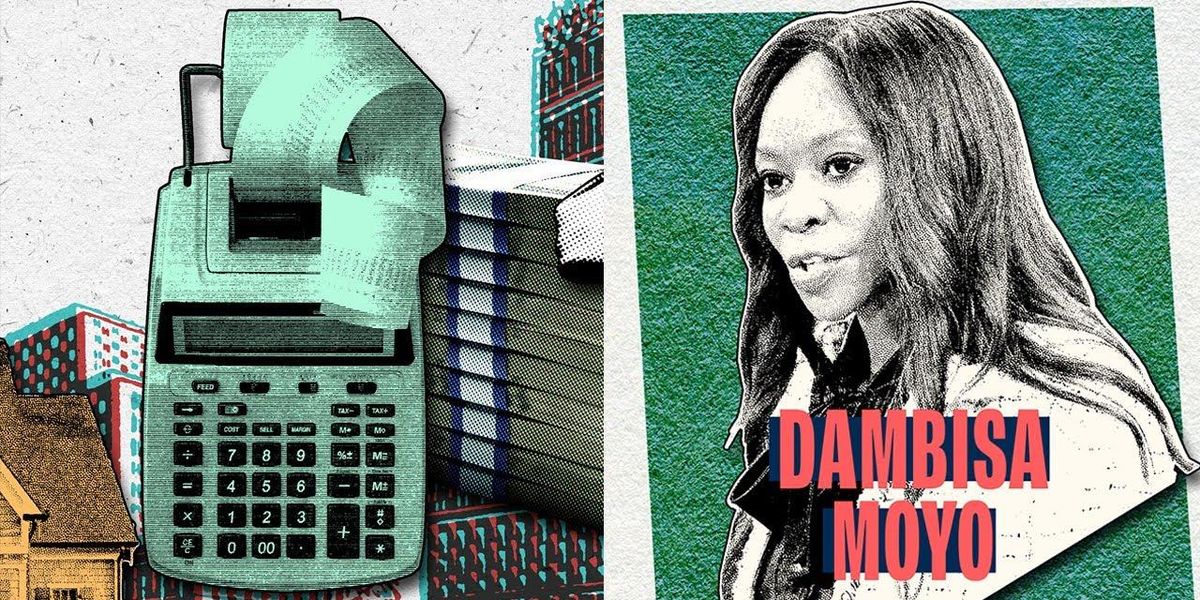Trending Now
We have updated our Privacy Policy and Terms of Use for Eurasia Group and its affiliates, including GZERO Media, to clarify the types of data we collect, how we collect it, how we use data and with whom we share data. By using our website you consent to our Terms and Conditions and Privacy Policy, including the transfer of your personal data to the United States from your country of residence, and our use of cookies described in our Cookie Policy.
{{ subpage.title }}
Global economy headed to a recession
Most of the global economy is more likely than not headed toward a recession in 2023. But don't only blame it on inflation and Russia's war in Ukraine.
The economic slowdown this year "is an acceleration of already structural problems around growth, that really started before the pandemic," renowned global economist, Dambisa Moyo tells Ian Bremmer on GZERO World.
Moyo says global inflation is not going anywhere, as the likelihood of a worldwide recession looms large.
Although most of the world understands that they need to transition to cleaner energy, in the short term they still rely on “a hundred million barrels of oil every day.” Europe is creating what Moyo calls, an “industrial Band-Aid solution,” rather than long term solutions to rely on energy from other countries. They discuss how these combined threats will affect the world economy this year.
This interview was featured in a GZERO World episode: "Struggling for economic progress as global recession looms in 2023" on January 9, 2023.
- The unintended effect of US-China economic breakup ›
- Dambisa Moyo: Europe's energy transition needs more than a "band-aid solution" ›
- Struggling for economic progress as global recession looms in 2023 ›
- Podcast: China's economic head start & a world accelerating into recession ›
- The global economy: good news and bad news from economist Dambisa Moyo - GZERO Media ›
Dambisa Moyo: Europe's energy transition needs more than a "band-aid solution"
Most countries around the world understand that sooner or later they will need to transition to using more clean energy. But in the meantime, they still rely on over a hundred million barrels of oil per day.
What's more Russia's war in Ukraine has underscored our dependence on fossil fuels for energy.
“We hadn't anticipated that there'd be a war that would create these shocks. And that puts us slightly offside,” renowned economist Dambisa Moyo tells Ian Bremmer on GZERO World.
And what's the right way to move forward? For Moyo, Europe needs to ditch what she calls "industrial band-aid solutions" instead of the structural reforms needed to kick the Russian energy habit.

